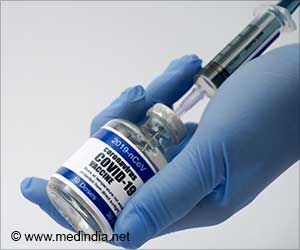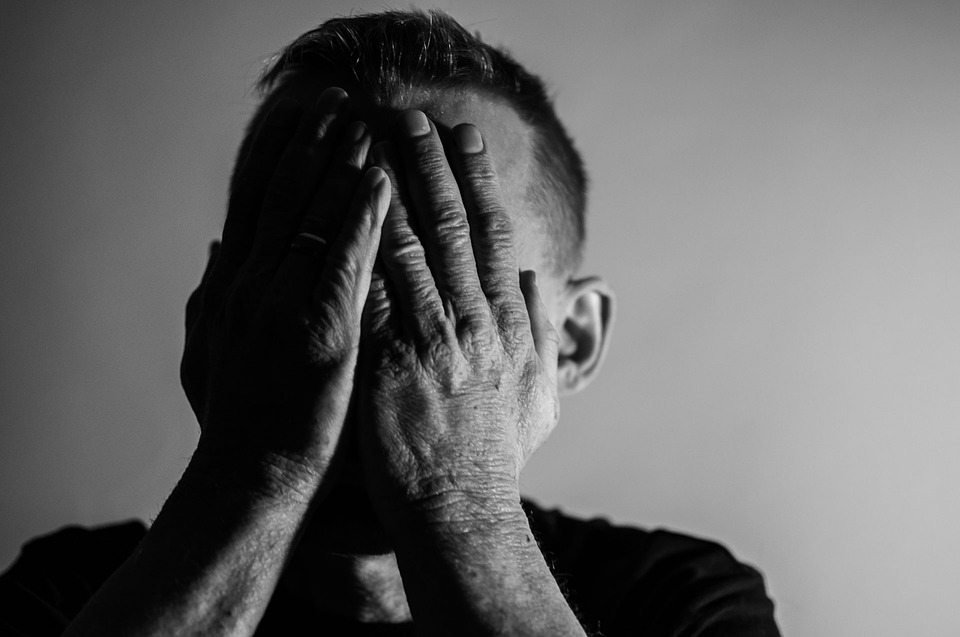“This is a timely study which acts as a stark reminder of the personal challenges healthcare staff are facing as a result of COVID-19,” said Dr. Ahmed Ezzat, lead author of the study.
‘Work-related stress has been worsened among healthcare workers by the COVID-19 crisis. Fifty-seven percent of ICU staff felt worried about catching the virus, whereas twenty-one percent feared dying after getting the infection.’
As the sudden surge in COVID cases created a large intake of patients admitted to ICUs, the research team sought to examine whether the staff members who work there experienced adverse mental health conditions.
They recruited 515 ICU staff members from various backgrounds such as nurses, junior and senior doctors, healthcare assistants, and physiotherapists. Participants were from the UK, France, Italy, Taiwan, Belgium, Egypt, and China.
All of them were given a detailed questionnaire that contained questions on their well-being and anxieties. There were three different grading systems that resembled the ones used in clinical settings to identify depression, PTSD, and insomnia.
The responses showed that,
Based on the score, thirty-seven percent of the participants could have depression, seventy-eight percent could have insomnia, and twenty-eight percent could have Post-Traumatic Stress Disorder (PTSD)
On average, depression scores had a forty percent increase among those who spent over six hours in Personal Protective Equipment (PPE). There was also a twenty-three percent increase in insomnia and PTSD scores among this group
Fifty-seven percent of participants felt worried about catching the virus, whereas twenty-one percent feared dying after getting the infection
“Work-related stress is well documented in healthcare workers, and this has been worsened by the COVID-19 crisis. The results of this study suggest that all ICU staff should have access to early and effective mental health assistance as part of wider staff health and well-being strategy. This is especially pressing as hospitals and governments prepare their workforce for potential further surges of COVID-19 patients,” explained Dr.Matthieu Komorowski, senior author of the study.
Source: Medindia



